Our research on how to provide Better Care is driven by the questions and needs of our clinical teams and client & caregiver partners. The projects below support this research focus.
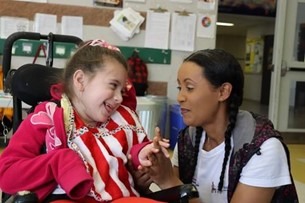
Playdate
Collaborating with parents of children with complex medical needs, VHA Home HealthCare co-designed an innovative 6-week playgroup called Playdate to support play that is financially accessible, medically safe, and fun for children.
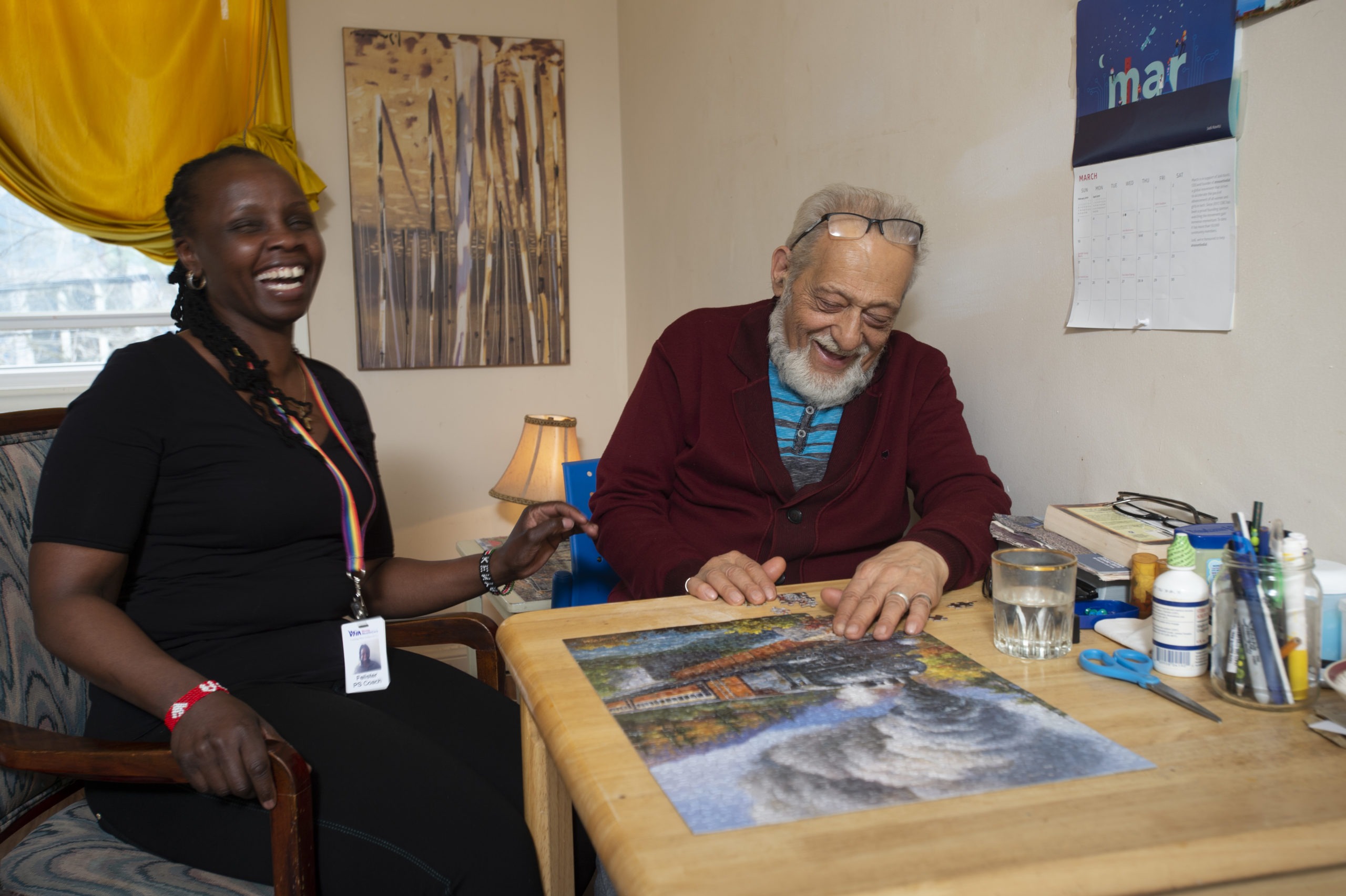
Heart in Mind
The Heart in Mind project team designed an activation therapy toolkit for family caregivers and PSWs to support an understanding of the role of feelings in dementia, and the implementation of feelings-based activity ideas.
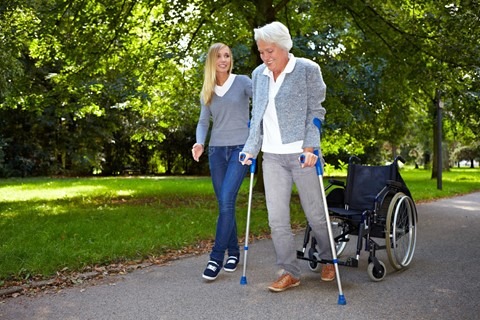
Promoting Mobility
This project created an evidence-informed, theory-driven mobility tool for community-dwelling older adults who are moderately and severely frail called SLoT (Stretch Lift or Tap), to encourage more movement to their daily routines.
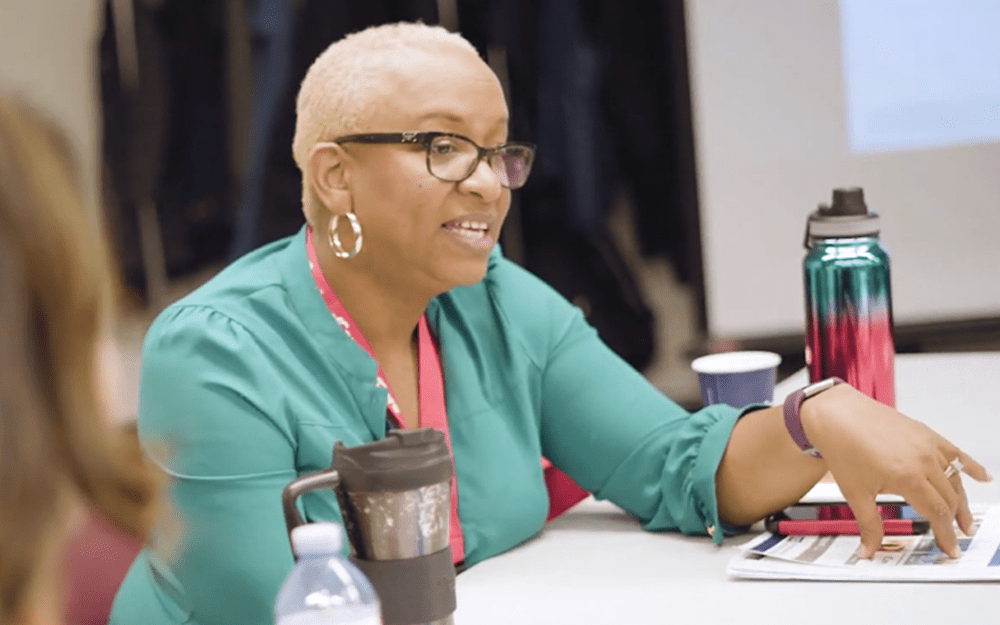
Senior Friendly 7
As PSWs and their coordinators are key providers of Home and Community Care, this project evaluated the SF7 resources to ensure that this toolkit will be useful to PSWs and their coordinators.
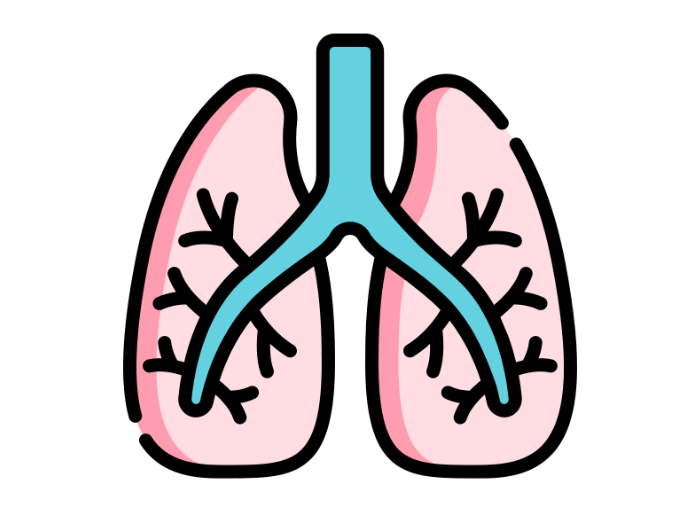
LTV Discharge Pathways
This project evaluated the impact of introducing this LTV discharge pathway on the family caregiver’s training experience and their perceptions of their competency as caregivers.

Connected Care
This project sought to improve transitional care coordination by connecting all members of the circle of care via real-time access to a virtual care plan.

Out at Home
We have developed knowledge translation tools to bridge the gap between research and practice to enhance the capacity of home care providers to offer culturally affirming care to older LGBTQI2S persons using art-based knowledge translation tools.
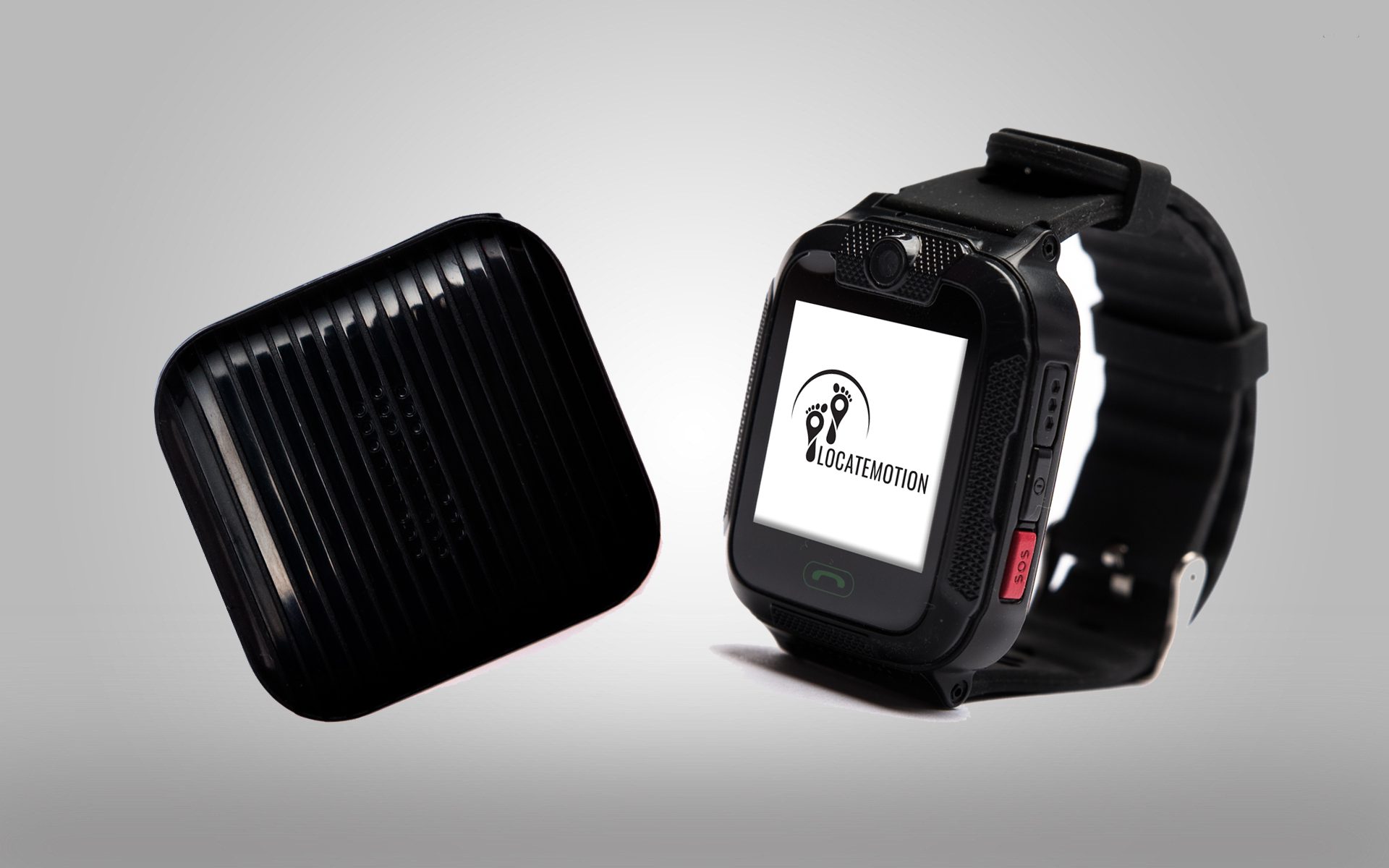
Staying Connected
This study aimed to understand user experience in the home and community context to provide insights and design suggestions for the next generation of locating technology devices, dashboards and functionality.
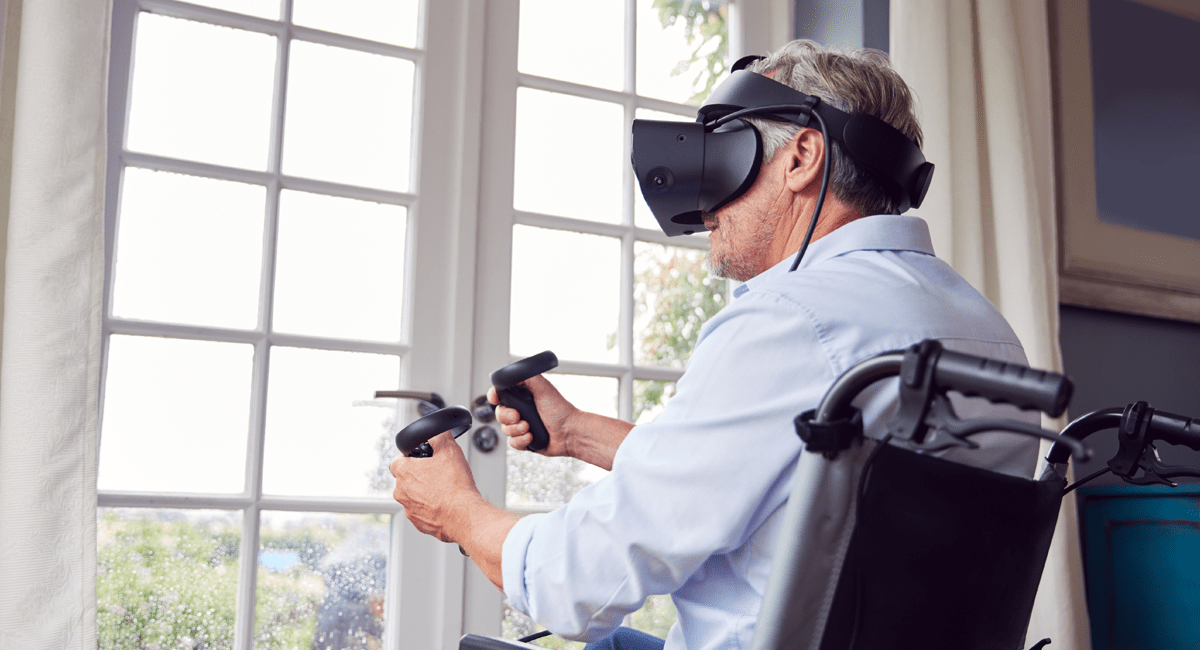
Virtual Calm
This project examined if Virtual Reality (VR) could be used as a tool at home to manage responsive behaviours presented by persons with dementia.
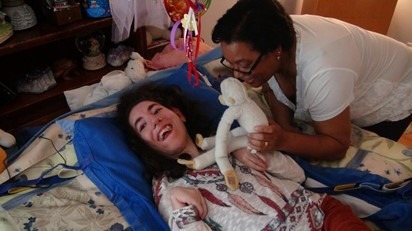
The Little Things
This study worked with parents of children with complex medical needs receiving services from VHA to develop a deep understanding of their perceptions and experiences of Client and Family-Centred Care through the approach of PhotoVoice.

Wearable Devices and Predicting Frailty
The objective of this study was to prove that using a wearable device for assessing frailty in older home care clients could be possible.

Analysis of Speech and Language in Dementia
This study investigated whether changes in cognition over time relate to changes in language over time, and whether changes in different aspects of language can be reported to families and caregivers in a way that helps them make decisions at home for seniors.
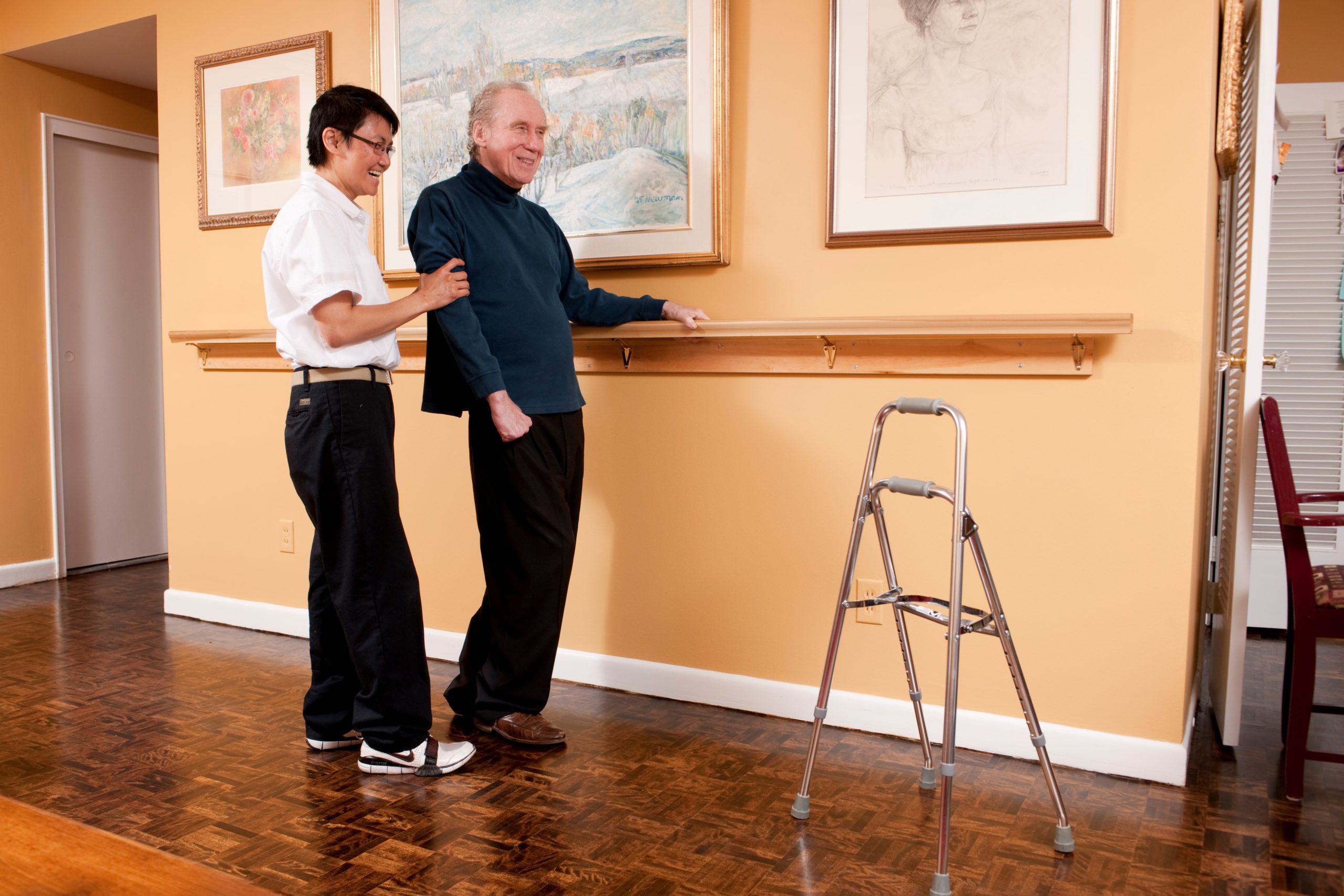
Bathroom Safety Recommendations in Home Care
This study identified the frequency of bathroom equipment Occupational Therapists prescribe and client response to recommendations.

Physician's Use of Parent Provided Information (PUPPI) Study
This study explored how physicians use information provided by parents of children with medical complexity, with a focus on both physicians and family caregivers.
